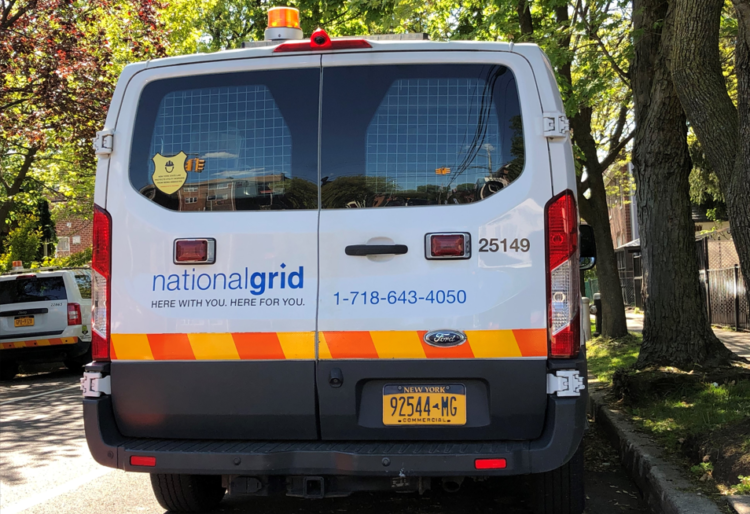National Grid and Rolls Royce are among only 12 companies in the UK and 28 globally to have closed their gender pay gap, a new study has found.
A report by Equileap across 23 countries and involving 3,787 businesses revealed that Johnson Matthey, Tate & Lyle, GSK, Rio Tinto, DS Smith, Currys, Weir Group, International Distribution Services, Smiths Group and Ocado Group had also achieved this in the UK.
In fact, the UK was one of the best-performing markets, with 82% of its companies publishing enumerated gender pay data, despite its employers representing just 6% of those involved in the research.
The gender equity researcher discovered that the UK came fifth globally, behind France, Spain, Italy and Norway, with nearly two-thirds (65%) of its companies publishing a clear strategy for closing their existing gender pay gap.
The global average score rose from 34% and 37% in 2021 and 2022 respectively to 41% this year.
In the UK, the average increased from 46% and 48% in 2021 and 2022 respectively to 52% this year, slightly below the leading French score of 55%. US companies scored a 40% average, while German companies averaged 49%.
However, more than half (56%) of UK companies still do not publish an anti-sexual harassment policy, which is significantly behind others in Europe and North America.
van Maasdijk added: “So the UK’s blind spot regarding sexual harassment and the missing rung for executive teams when it comes to gender balance is surprising and disappointing. T
“And, still, just 19% of executive teams have reached gender balance. UK companies need to step up to the plate to address these points particularly when report after report shows that gender equality is not just good practice it’s good business and companies that are better at gender balance demonstrably outperform.”
In terms of achieving gender balance, only 18 employers globally were found to have done so at all levels – board, executives, senior management and workforce – including two in the UK, which are Admiral Group and Assura.
Looking at parental leave in the UK, maternity leave legislation was deemed lengthy but underpaid, while paternity leave and shared parental leave are also paid at low rates. Therefore, none of the policies met Equileap’s standards of 14 weeks’ minimum primary carer leave and two weeks of secondary carer leave, paid at two-thirds or more of people’s usual salaries.












